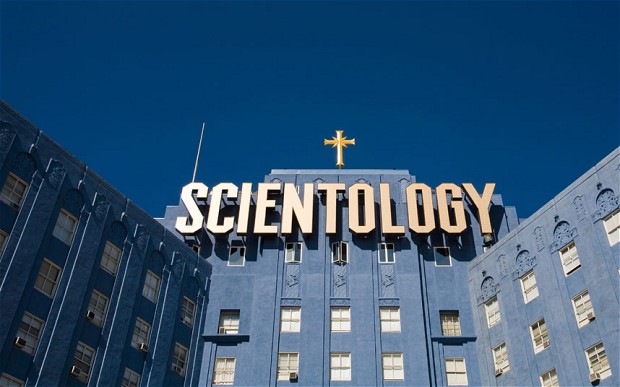For most of its existence the Church of Scientology grew and prospered by protecting its secrets. But it’s been tough holding on to that model in the 21st century, a notoriously bad era for powerful institutions in the secret-keeping business. That point has been amply made in recent years by top church officialsturned whistleblowers, a high-profile book by Lawrence Wright of The New Yorker, and now a lacerating new HBO documentary based on Wright’s exposé. The new voices in the Scientology debate have both testified to the church’s efforts to silence its critics and, by speaking out, shown the limits of that approach. Their accounts seem to show the church losing its grip on the public narrative it once aggressively controlled.
“The history of Scientology’s attempts to scuttle critical stories goes back decades,” said Stephen Kent, a sociology professor at the University of Alberta who has studied and written about the church.
In 1970, Paulette Cooper, a Harvard graduate in comparative religion with a master’s degree in psychology, began publishing work about Scientology. When’s her book The Scandal of Scientology came out in 1971, it drew the church’s attention.
Internal Scientology documents (revealed in later court documents) described the church’s plan for Cooper, a child of parents killed in Auschwitz during the Holocaust, which was to have her “incarcerated in a mental institution or jail, or at least to hit her so hard she drops her attacks.”
Less extreme examples of Scientology’s reported pressure tactics abound. Former high-ranking Scientologists and experts on the group describe an approach that relies on the threat of legal action and implied negative consequences to dissuade reporters and entertainers from using the church as a subject.

